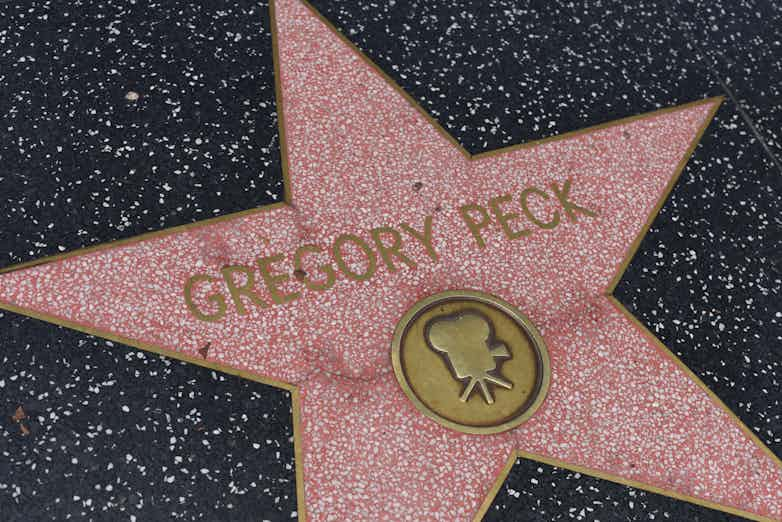Rating: ★★★★
Released: 1962
Director: Robert Mulligan
Starring: Gregory Peck, Mary Badham, Philip Alford, John Megna
Streaming: Prime Video, Rakuten (Rent, £2.49; Buy, £7.99), Sky (Buy, £7.99)
Stay up to date with all your favourite shows - and know what your kids and grandkids are talking about - by taking out a subscription to a leading streaming service. Click a provider below to get started.
To Kill A Mockingbird has, as far as I’m aware, been a staple for many English literature teachers for almost as long as it has been available to read or watch. The way I hear it, I may be one of the only people in the United Kingdom to have not studied either the Harper Lee novel or the Robert Mulligan film during my time in education.
The setting, for those of you in the same boat as I, is the sleepy town of Maycomb, Alabama, circa 1932. Lawyer and single father Atticus Finch and his children Jeremy (“Jem”) and Jean-Louise (“Scout”) live with black housekeeper Calpurnia (“Cal”) in the suburbs of a small, poor Alabama town near a poorer stretch of farmland called Old Sarum.
Atticus and his children - who both, strangely, refer to him by his Christian name - have a relatively simple existence until intervention of a local judge. He appoints Atticus to defend a local black man, Tom Robinson, who we later learn has been charged with the battery and rape of a local farm owner’s daughter.
As time passes, it becomes clear that Atticus is doing everything in his power to defend Robinson, and clearer still that the denizens of Old Sarum are not quite as tolerant. The film is told largely through the eyes of Scout and Jem, and while we catch snippets of the case throughout its first half, it doesn’t really cover the subject matter in full until around the 60 minute mark, when Atticus’ children intercept his stand-off with a lynch mob.
There’s no doubt that To Kill A Mockingbird is an important and moving picture. The 20 or 30 minutes we see of Robinson’s court case is highly engrossing, with a glorious performance from Peck, who won Best Actor for his efforts. The film’s emotion and style evokes literature from Harper Lee’s 20th century contemporaries like Steinbeck and Kerouac.
This is also a film that defies genre convention. It’s a courtroom drama, yet less than a quarter of the total running time is actually spent in the courthouse; more attention is paid to the adventures of Scout, Jem, and their friend Dill Harris as they tell horror stories about their mute neighbour, Boo Radley. It’s in this split focus that the film feels most like an adaptation, rather than a story in its own right. To me, it feels distinctly “chaptered”, rather than following a true three-act structure.
My biggest criticism, however, is that despite its powerful subject matter, To Kill A Mockingbird feels dated. This isn’t because of bad picture quality or cheap special effects; it’s crisp, clear, and more than watchable. No, my problem with the film is that it suffers from being a bit too optimistic. It engages with race as a topic, but in a way that feels a little lacking for audiences of today. After off-screen events bring the trial to an early conclusion, the film completely changes tack for the ending in a way that I found jarring and unsatisfying.
The film’s reluctance to take things further is understandable: it is almost six decades old. According to Wikipedia, the US civil rights movement ran from 1954 to 1968, which puts the 1960 novel and the 1962 film slap bang in the middle.
People dismiss films like these for not being more ahead of their time than they were. That perplexes me. Releasing something like this at a time like that would have been a bold and frankly brave move from producers and distributors. With the benefit of hindsight, we know today that it’s insufficient, but I’m not sure we can blame its creators for not taking a stronger stance. I still find the story to be moving and highly relevant in a world where protests rage on either of the Atlantic.
The bottom line: To Kill A Mockingbird tells an excellent story in an interesting way, but, when watched 58 years on, I imagine it lacks the same bite and sting that it would have had for audiences in 1962.
Image Credit: Hayk_Shalunts, Shutterstock.com









